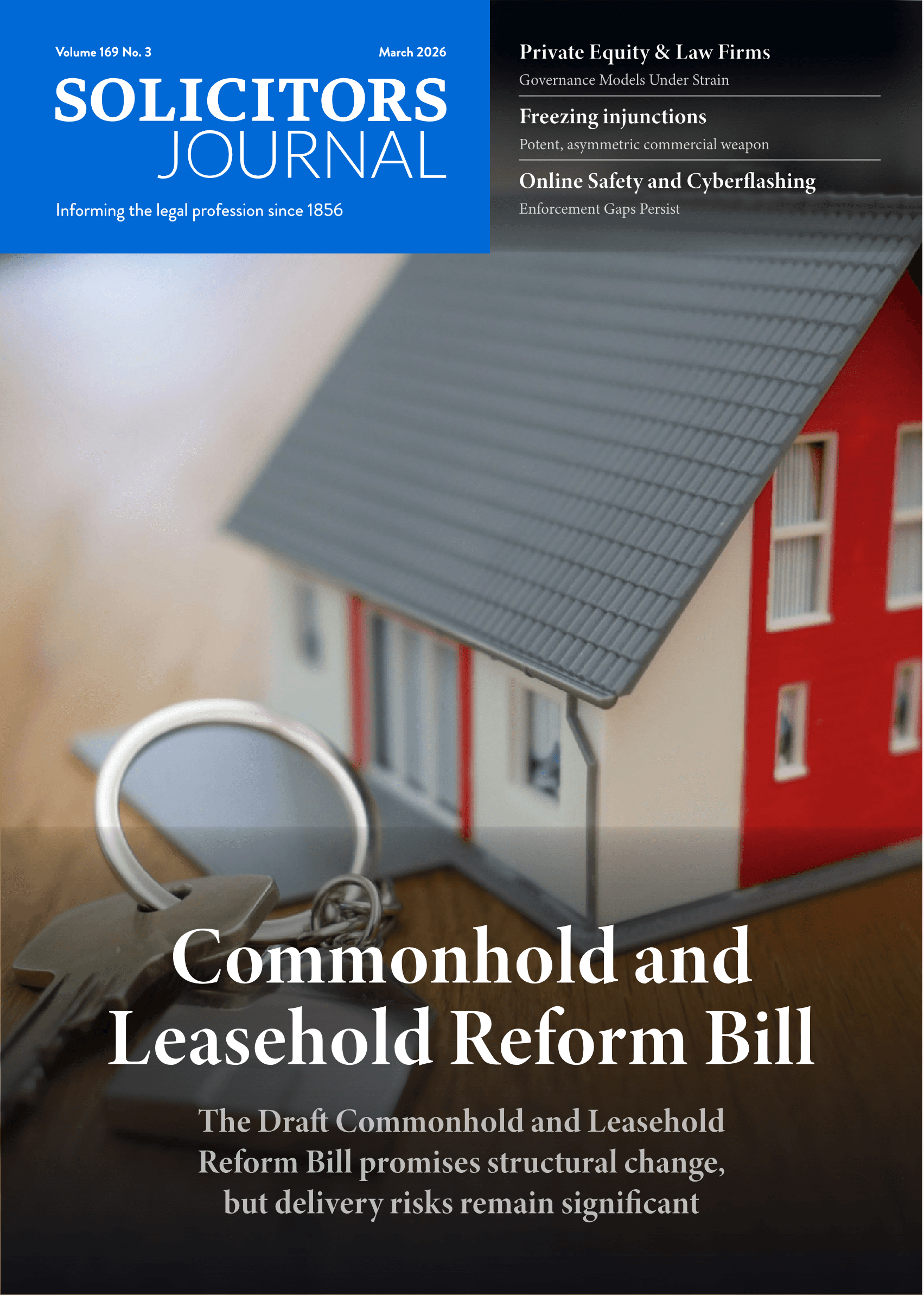Coalition opts for "light touch" equality duty

The coalition government has watered down its predecessor's plans for the general equality duty to be imposed on public bodies under the Equality Act 2010.
The coalition government has watered down its predecessor's plans for the general equality duty to be imposed on public bodies under the Equality Act 2010.
The general duty will replace specific duties on organisations with over 150 staff to eliminate discrimination on the grounds of age, disability, gender reassignment, pregnancy and maternity, race, religion or belief, sex and sexual orientation.
Launching a consultation on the new approach to the duty, equalities ministers Theresa May and Lynne Featherstone said people judged public authorities on results, not on ability to comply with complex bureaucratic processes.
The ministers said that 'rather than imposing top-down targets on organisations', they would require them to publish data on performance and composition of their workforce, so they could be held to account on how effectively they were eliminating discrimination.
They said that, unlike Labour, it did not believe that secretaries of state should set national equality priorities.
'We believe that public bodies should be free from the central diktats that so often skew priorities, divert resources and hinder the ability to react more rationally to local needs,' they said in the consultation paper.
On procurement, the ministers said they had decided not to impose any additional duties on public authorities, aside from the need to bear in mind the general duty of eliminating discrimination.
Public authorities would need to publish objectives to further the aims of the general duty, but should be given freedom in setting those objectives, provided they were 'specific and measurable'.
In a further change, authorities should not have to set out the steps they proposed to take to achieve equality objectives.
'What matters is whether a public body delivers improved equality outcomes, not the bureaucratic process a body is going to put in place to achieve the outcome,' ministers said.
Following the end of the consultation period in November, ministers said that public bodies would have to publish information on workforce equality by 4 April 2011 and their objectives by April 2012.
Martin Warren, head of the HR practice group at Eversheds, said the present government's plans were relatively 'light touch' and demonstrated a 'pared-back approach'.
James Davies, joint head of employment at Lewis Silkin, questioned whether the original proposals on public procurement were compliant with EU law.
He said the most radical departure from Labour's version of the Equality Act was likely to be the dropping of the proposed duty to reduce socio-economic inequality.
The Conservatives opposed the measure in opposition, but the coalition is yet to formally announce its decision.
'I would be gobsmacked if it survives,' he added.

